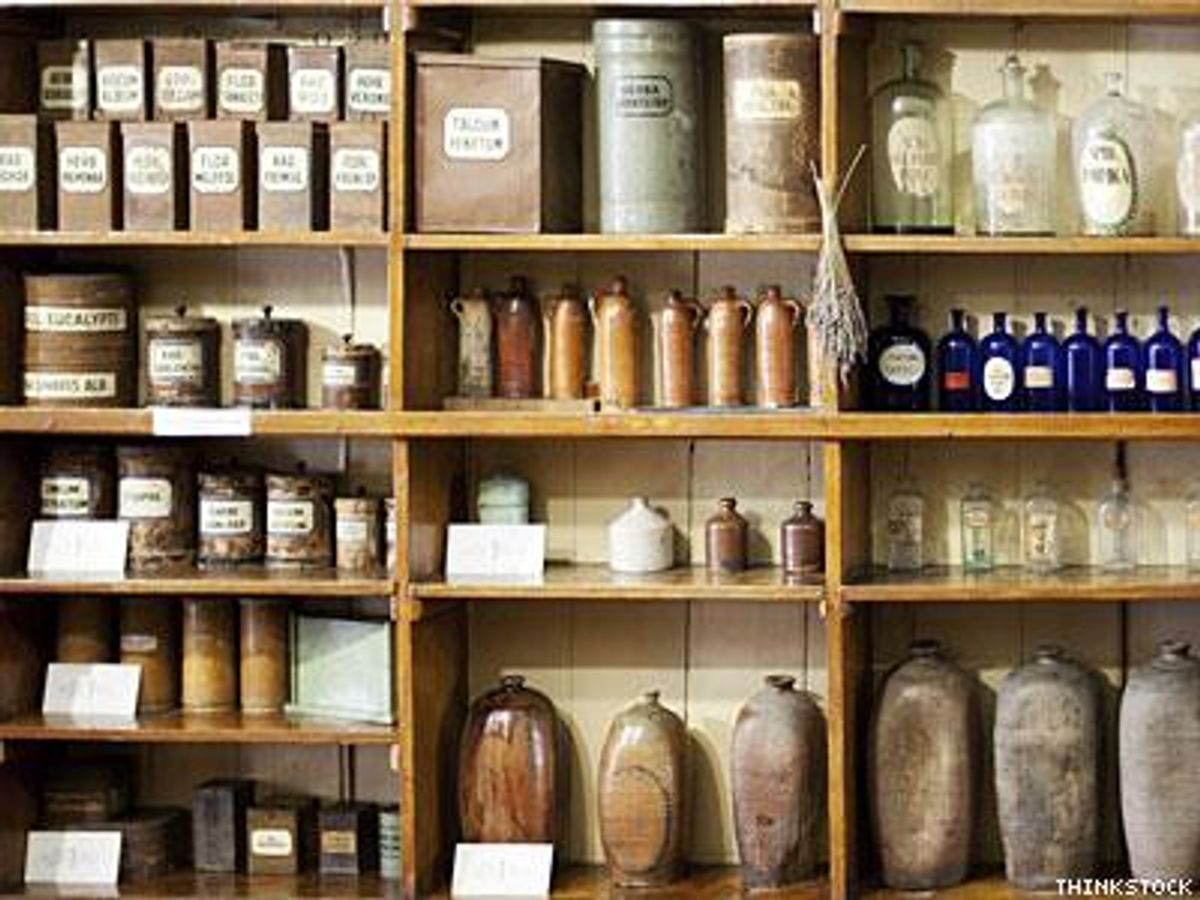The use of what’s called complementary and alternative medicine (CAM) is popular in the U.S., where yoga and massage have become mainstream activities. In fact, according to a study published in the journal AIDS Care, 60 percent of HIV-positive people have tried some form of CAM, most in addition to their antiretrovirals. But they aren’t all safe.
TREATMENT: Acupuncture
WORTH IT?: Yes
WHAT IT DOES: Studies have shown it reduces symptoms of HIV and side effects of medications, including fatigue, pain, headache, forgetfulness, and nausea.
TREATMENT: Chinese Bitter Melon
WORTH IT?: Maybe
WHAT IT DOES: Researchers found two proteins in bitter melon that inhibit HIV in laboratory tests: MAP 30 and momorcharin. But no one knows for sure if there’s any clinical usefulness.
TREATMENT: Colloidal silver
WORTH IT?: No
WHAT IT DOES: The FDA doesn’t consider it to be safe. Among its many side effects is argyria, an irreversible bluish discoloration of the skin.
TREATMENT: Manganese
WORTH IT?: No
WHAT IT DOES: Scientists have discovered that increasing manganese in cells can decrease HIV’s ability to replicate, but there’s no evidence that dietary manganese has any effect on HIV.
TREATMENT: Massage
WORTH IT?: Yes
WHAT IT DOES: Massage is a complimentary medicine that, according to the Mayo Clinic, reduces anxiety and pain, lowers blood pressure, releases endorphins, improves blood circulation, and boosts immunity.
TREATMENT: Multivitamins
WORTH IT?: Yes
WHAT IT DOES: One study found that multivitamins reduced HIV-positive women’s risk of AIDS and death by 30%.
TREATMENT: Prayer
WORTH IT?: Maybe
WHAT IT DOES: If you are a believer, there’s ample evidence that prayer offers a positive interpersonal coping mechanism and may be as beneficial in helping you cope with, if not eliminate, symptoms.
TREATMENT: Reflexology
WORTH IT?: Maybe
WHAT IT DOES: A study in Thailand found that foot reflexology reduced pain and fatigue in hospitalized AIDS patients.
TREATMENT: Reiki
WORTH IT?: No
WHAT IT DOES: Many participants feel better after this energy therapy, but there’s no scientific proof it works.
TREATMENT: Selenium
WORTH IT?: Yes
WHAT IT DOES: A study in the Archives of Internal Medicine found that selenium increased healthy CD4 cells and reduced the amount of HIV in the blood.
TREATMENT: Spirulina
WORTH IT?: Yes
WHAT IT DOES: The health benefits of spirulina (also known as blue-green algae) have been touted for years because it naturally includes numerous vitamins. One study, in the Journal of Acquired Immune Deficiency Syndromes, found that the algae supplement inhibited HIV replication in the blood. A perk: It’s sold in a powder that can easily be added to smoothies.
TREATMENT: Vitamin A
WORTH IT?: Maybe
WHAT IT DOES: The WHO recommends vitamin A every four to six months for all young children at high risk of deficiency, but no study in the U.S. has shown it beneficial to HIV+ adults.
TREATMENT: Yoga
WORTH IT?: Yes
WHAT IT DOES: Numerous studies show it has a positive physiological effect and helps alleviate symptoms of HIV.
TREATMENT: Zinc
WORTH IT?: Yes
WHAT IT DOES: Zinc deficiency occurs in over 50% of HIV+ adults; studies show that zinc delays immunological failure and decreases diarrhea.
Never take these supplements without doctor’s approval: sutherlandia, saint-john’s-wort, grapefruit, african potato, vitamin c, and garlic.











































































